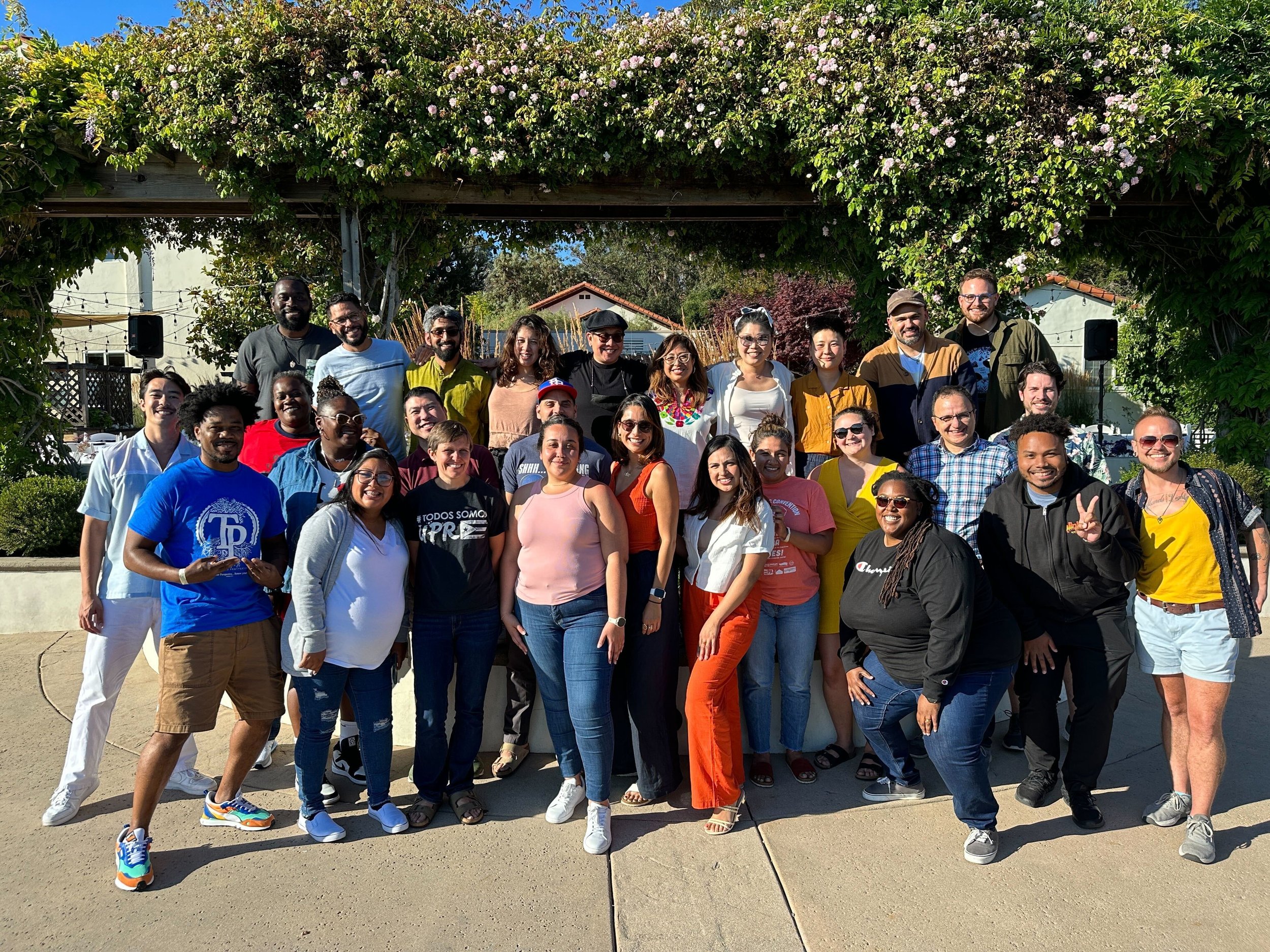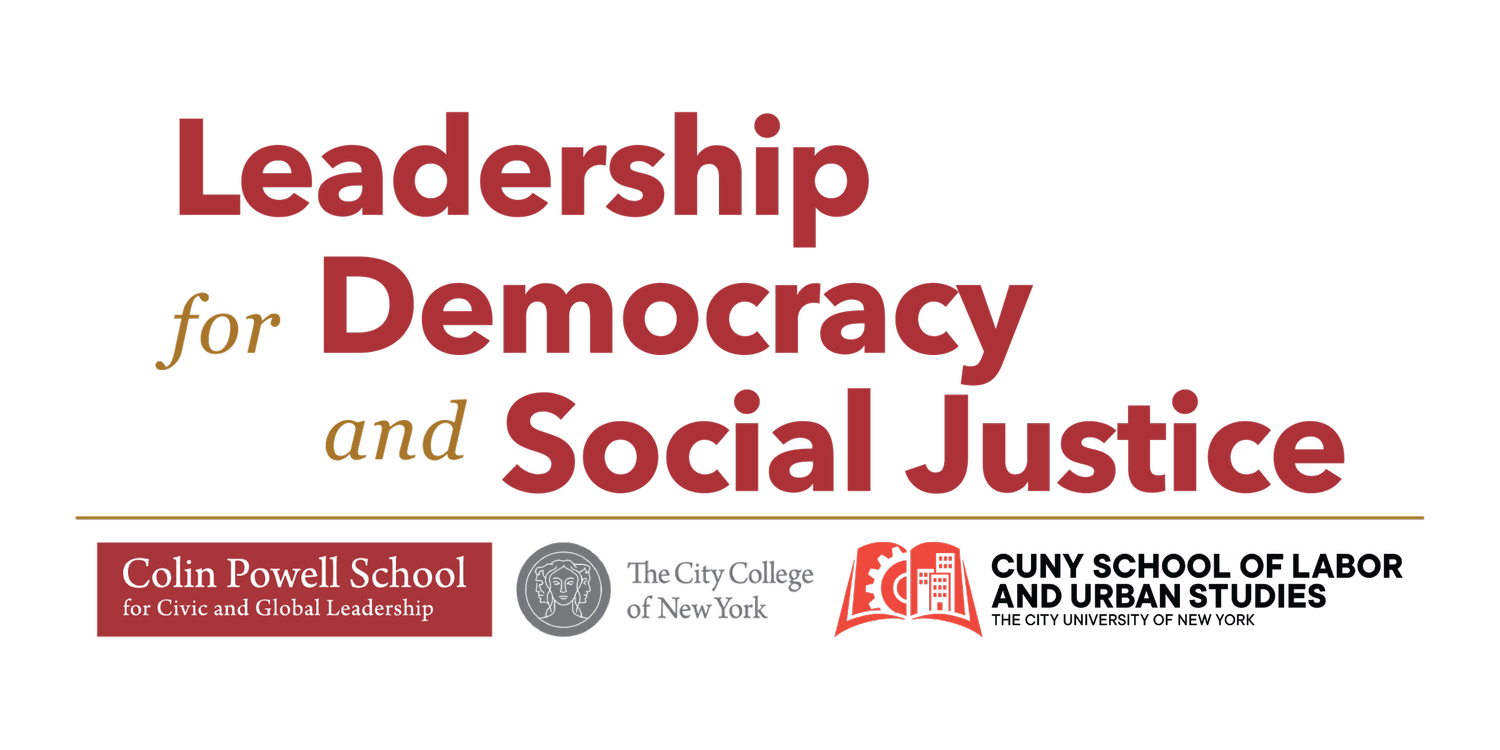
Social Change Fellowship
2025-2026
Social Change Fellowship
Discover how to transform your passion for justice into meaningful action through our comprehensive Social Change Fellowship Program. Starting Fall 2025 throughout Summer 2026, this unique opportunity combines academic coursework, hands-on organizing experience, and professional development to empower the next generation of social change leaders.
Program Journey
Step 1: Leadership, Organizing, and Action (Fall 2025)
September 5-7 & September 19-21
Learn how to organize and build power in your community.
Two intensive weekends + follow-up coaching and virtual lectures.
Mandatory Pre-Course Survey
Step 3: Paid Social Justice Internship (Summer 2026)
10-week full-time internship (32 hrs/week) with a $6,250 stipend.
Gain real-world experience at a social justice organization.
Monthly check-ins and career development support.
Step 2: Social Change in U.S. History (Spring 2026)
3-credit course at City College
Explore historical movements and organizing strategies.
Develop critical thinking skills around social change models.
Step 4: Join the Alumni Network & Continue Your Impact
Connect with a growing community of CUNY movement leaders.
Access career support, mentorship, and professional development.
Continue working toward social justice in your field.
Who is an Ideal Social Change Fellow?
This fellowship is ideal for passionate CUNY undergraduates interested in any social justice issue—from racial justice to climate action, LGBTQ+ rights to labor organizing, economic equality to reproductive freedom.
Eligibility + Requirements
Must be a current undergraduate CUNY student who will be either a Sophomore, Junior, or Lower Senior in the fall of 2025, with a minimum of 2.5 GPA (we do not take into consideration your GPA as part of our selection process)
You can be a Social Change Fellow regardless of immigration status.
LDSJ will only cover the cost of the required course needed for the fellowship if you do not receive Financial Aid or private scholarships that cover your tuition in full.
You must take the Leadership, Organizing, and Action (SSC 31169) course in the Fall semester.
